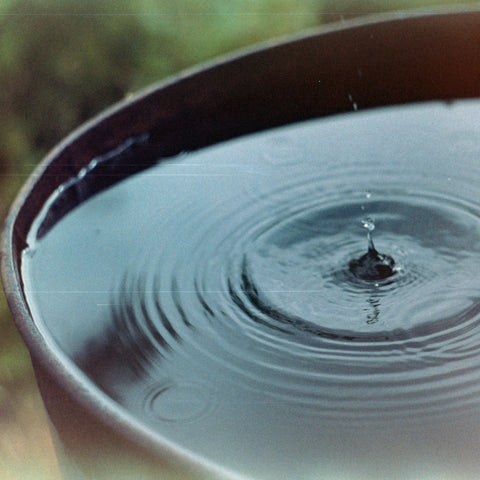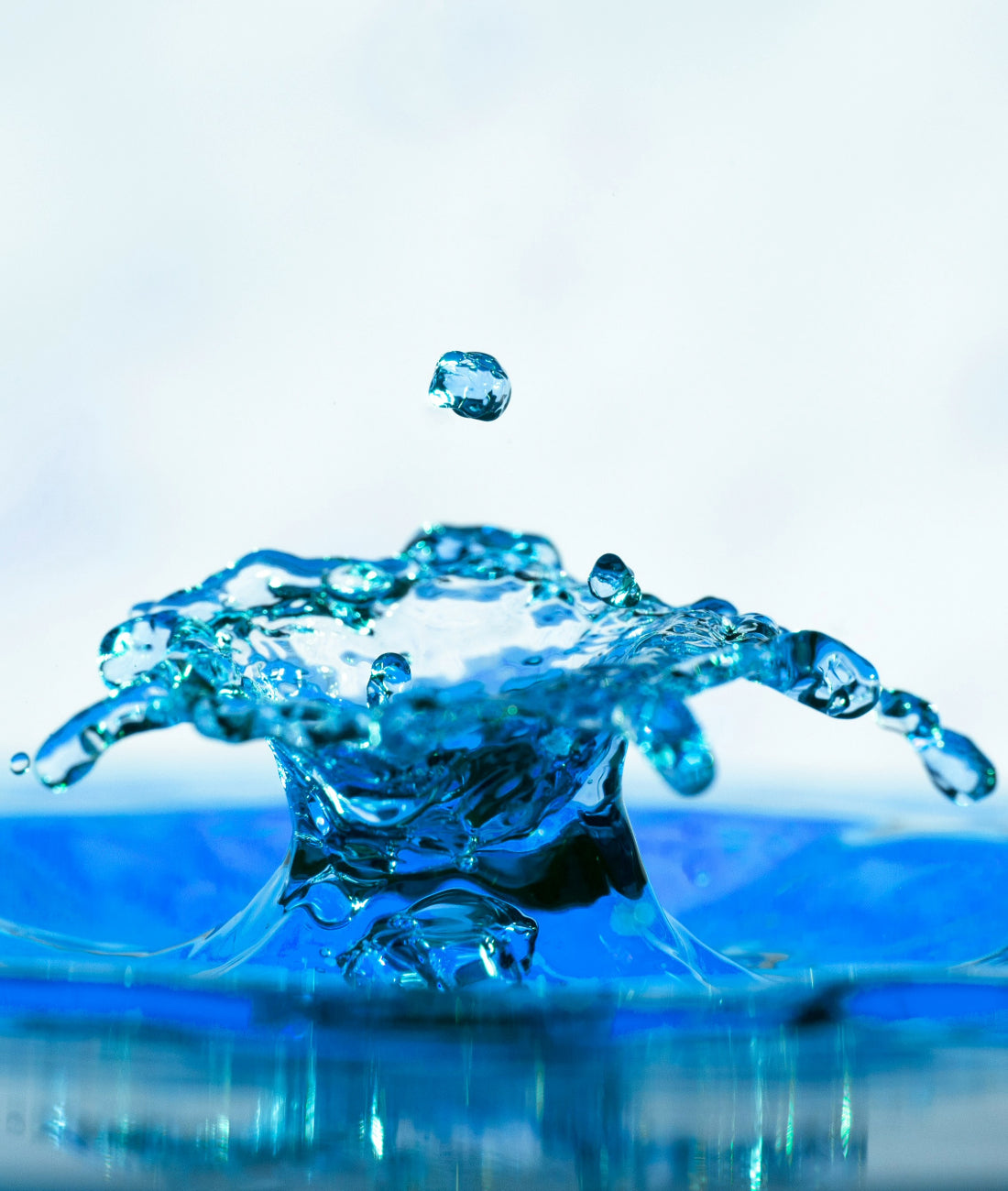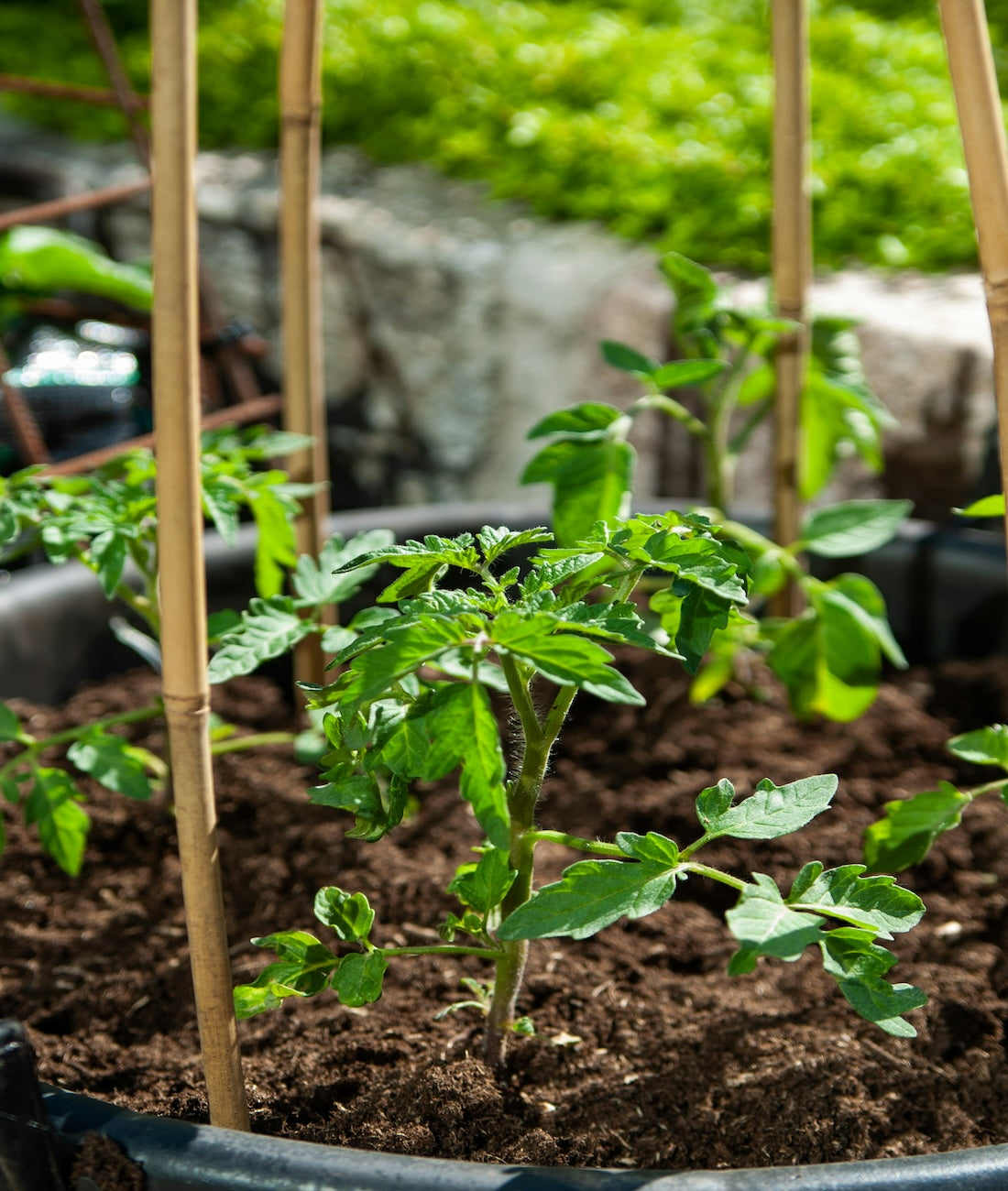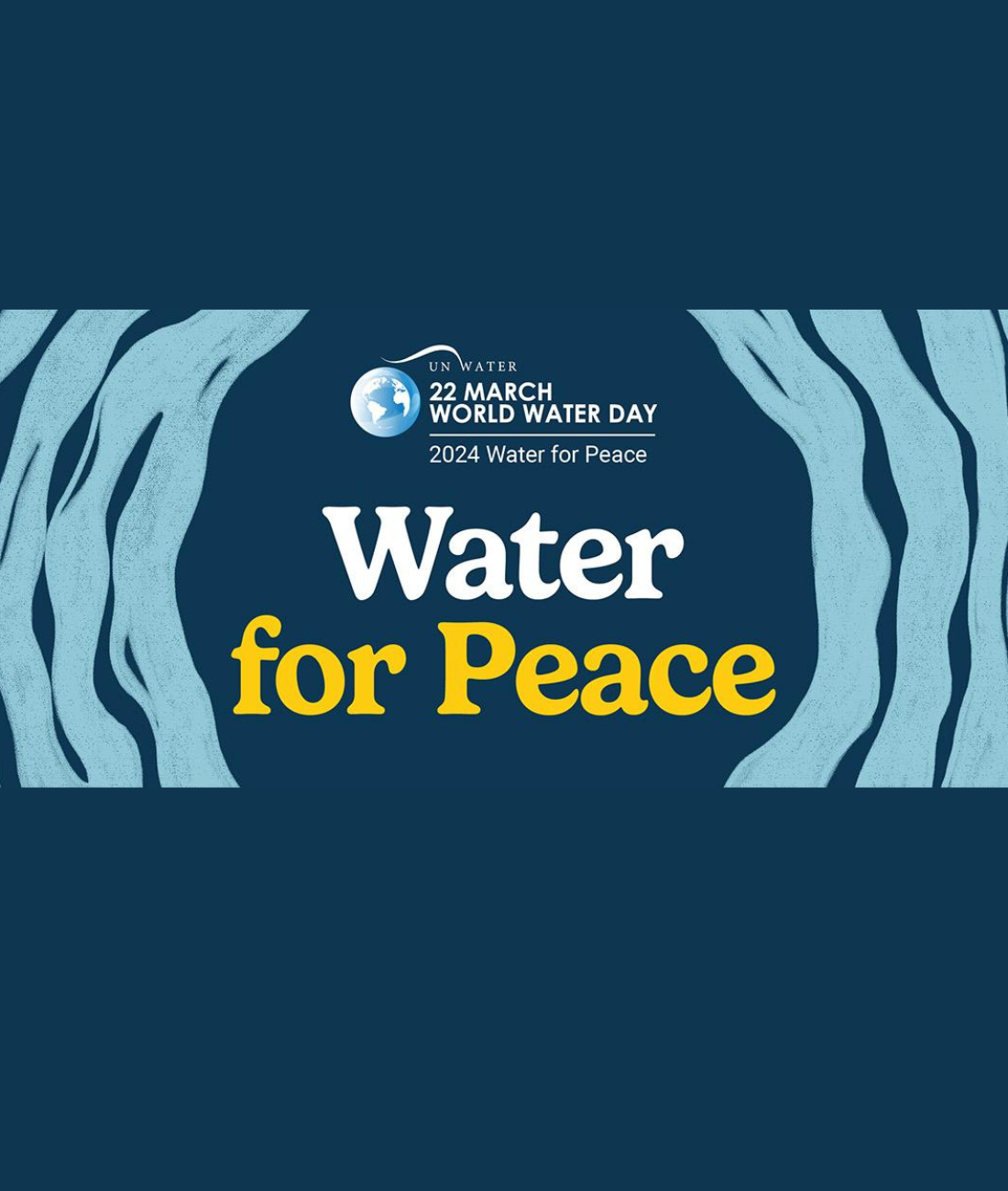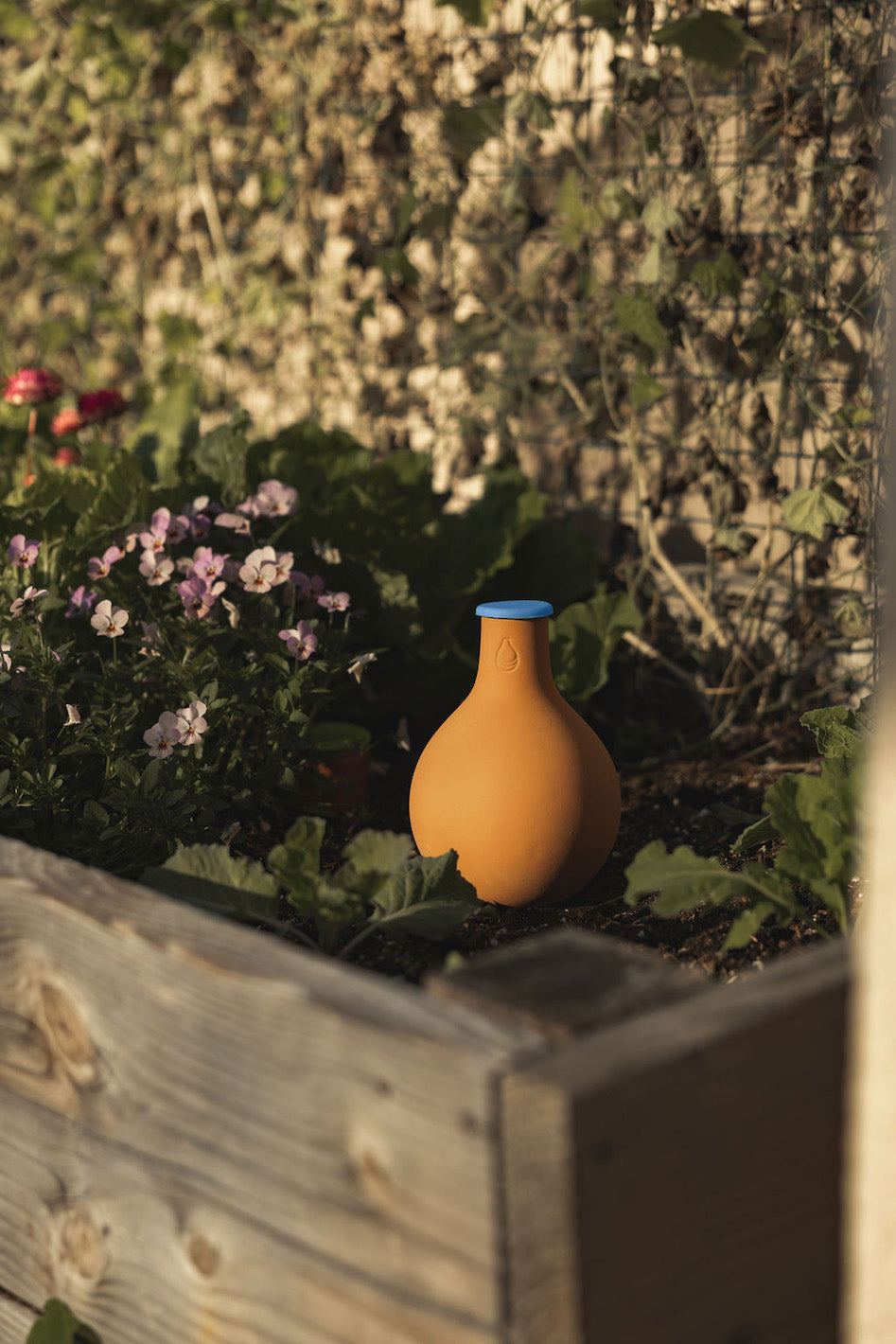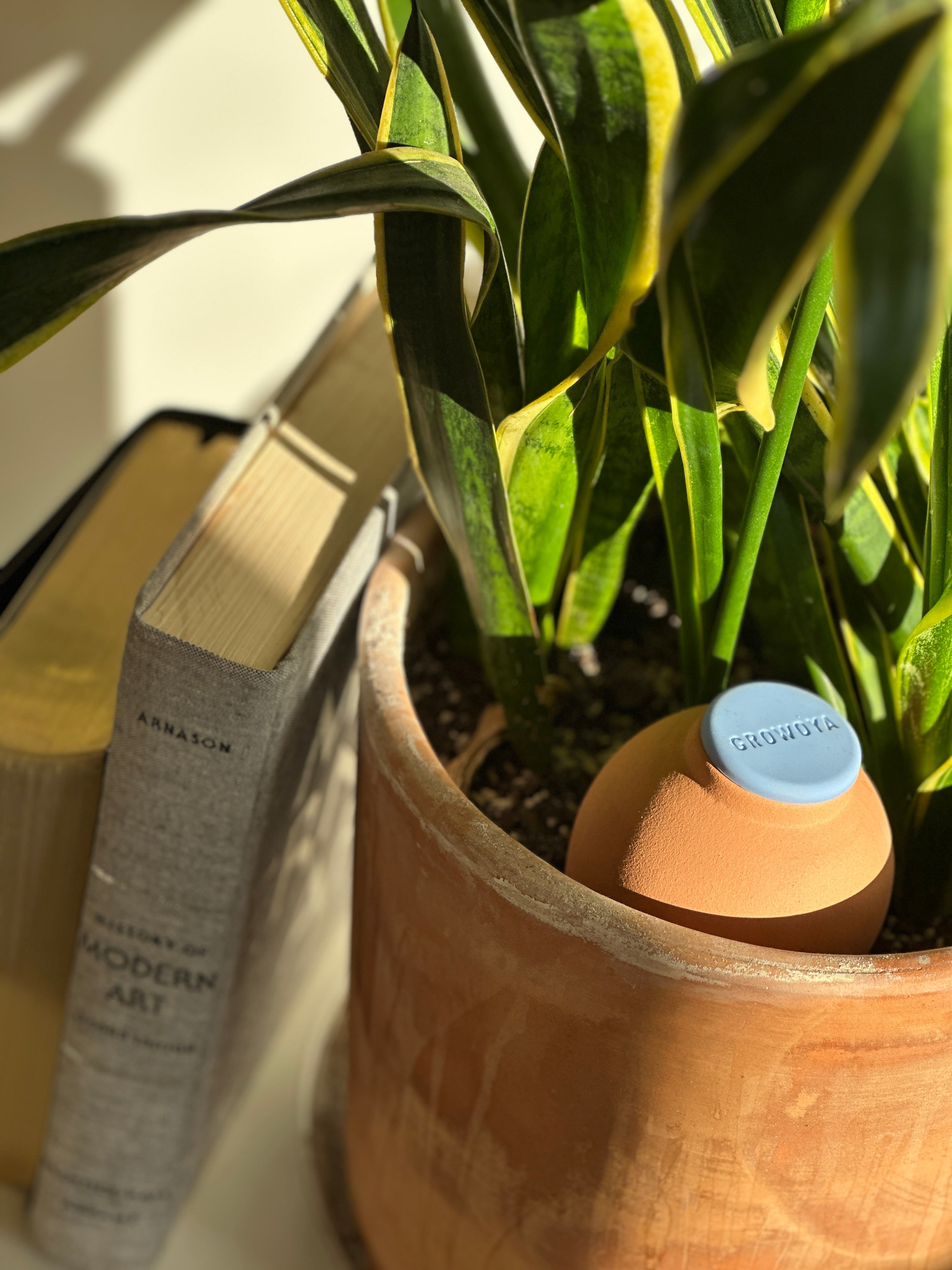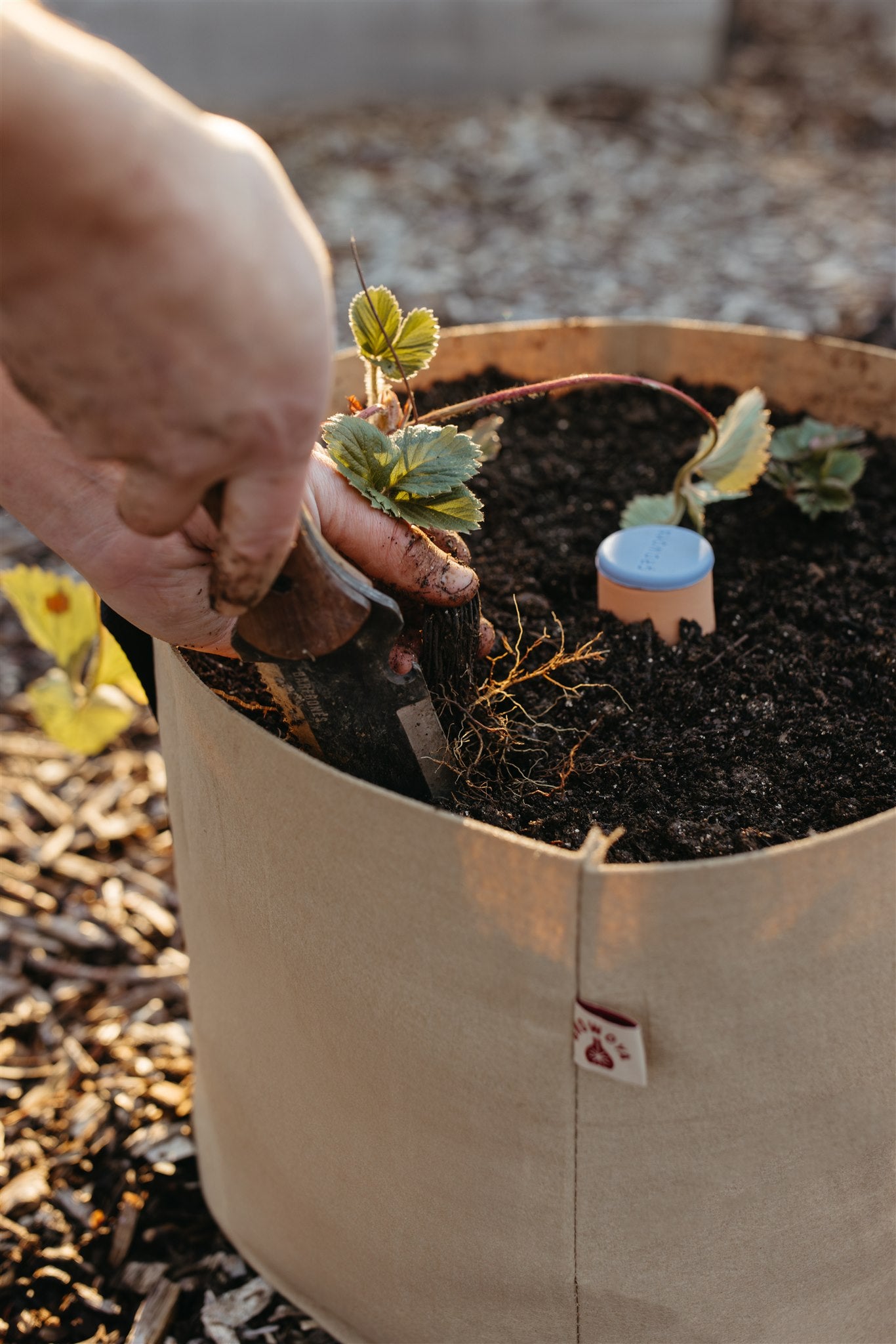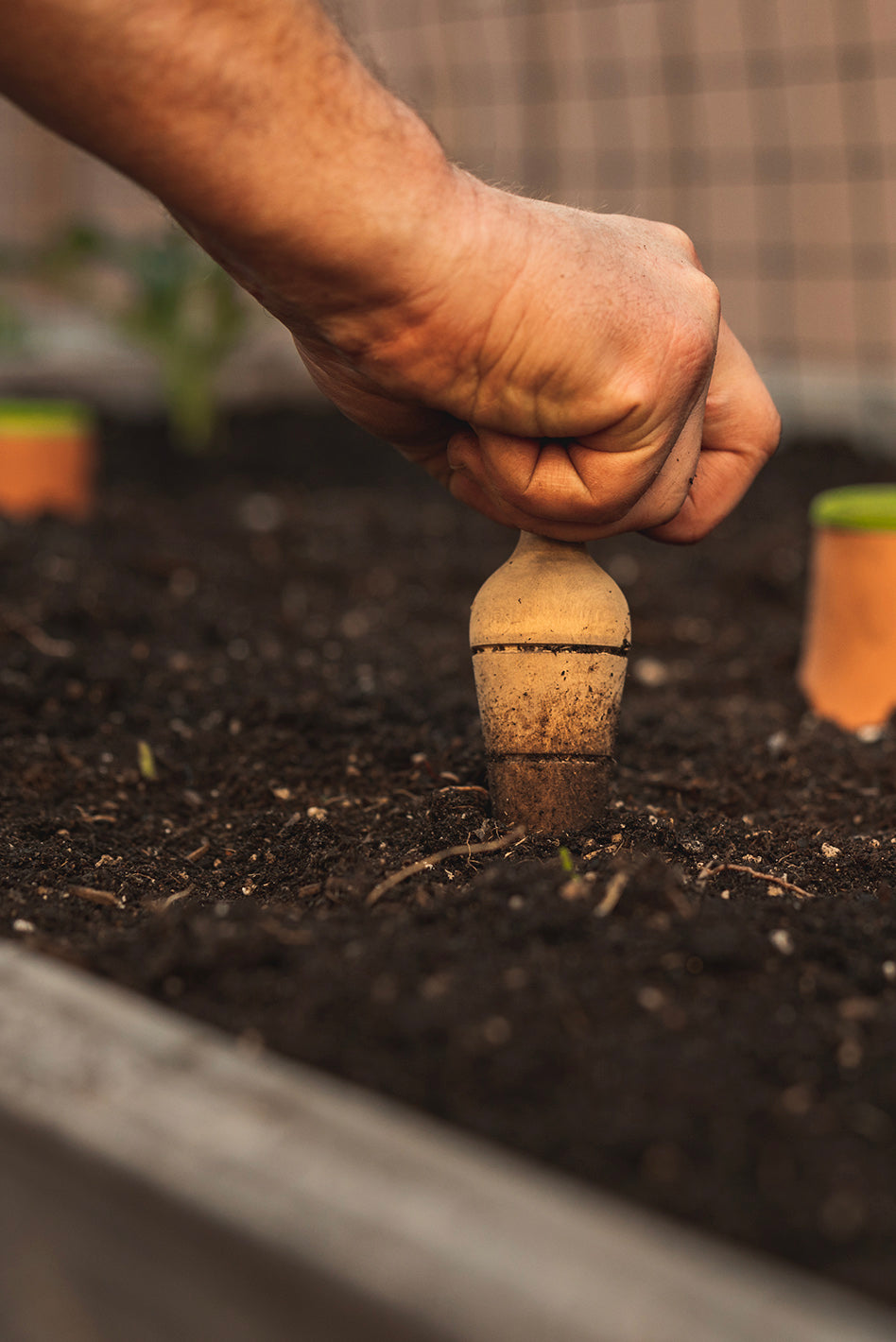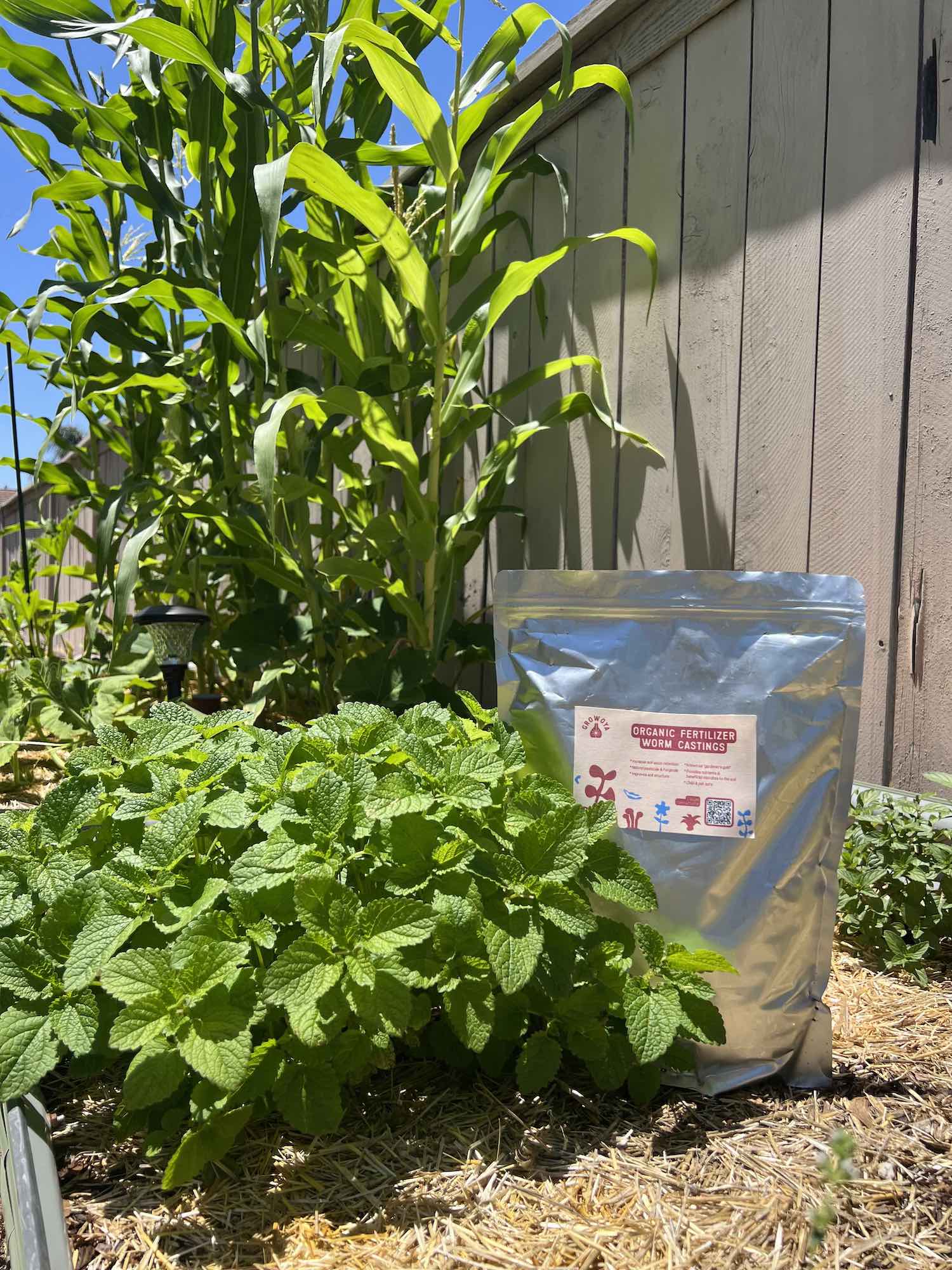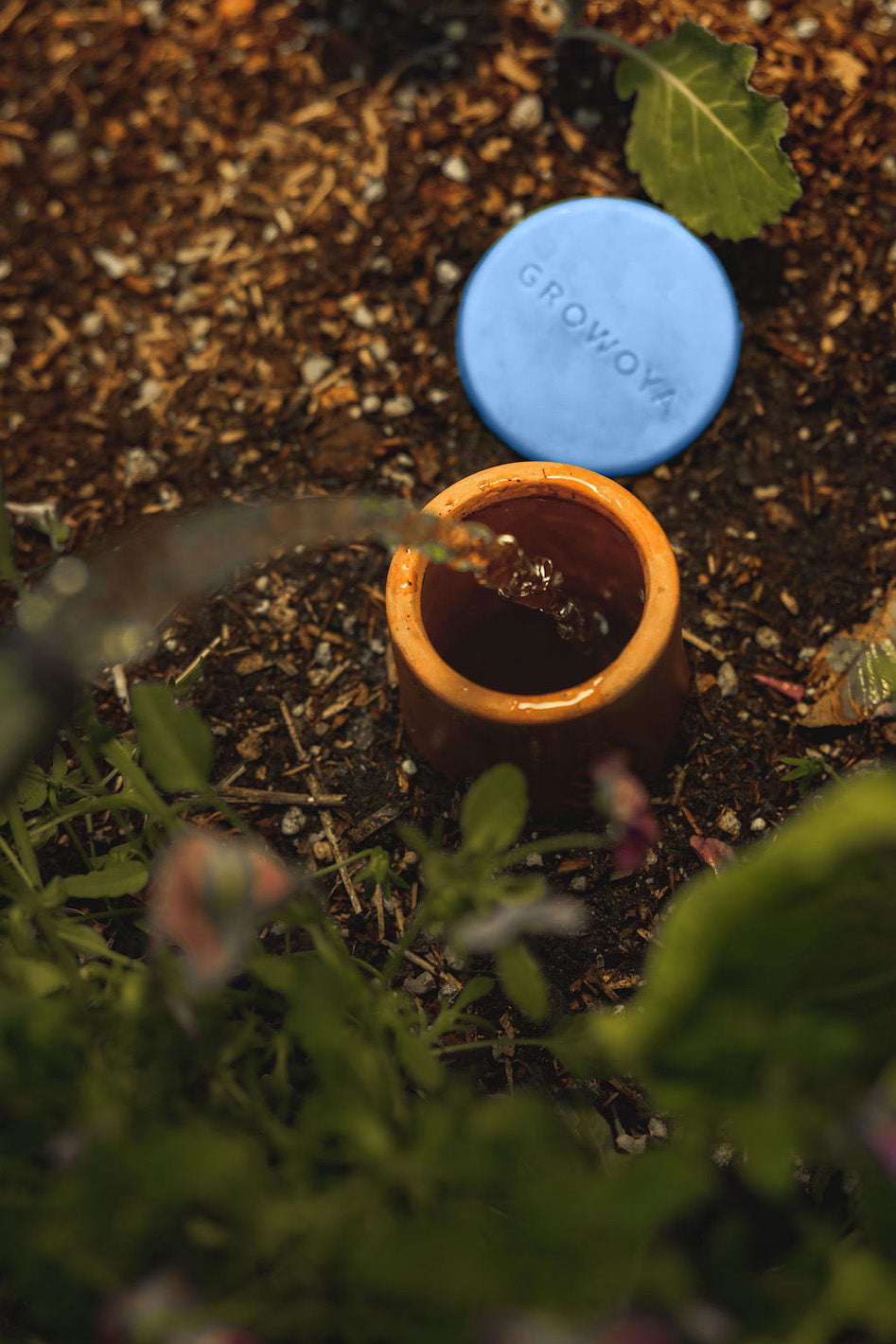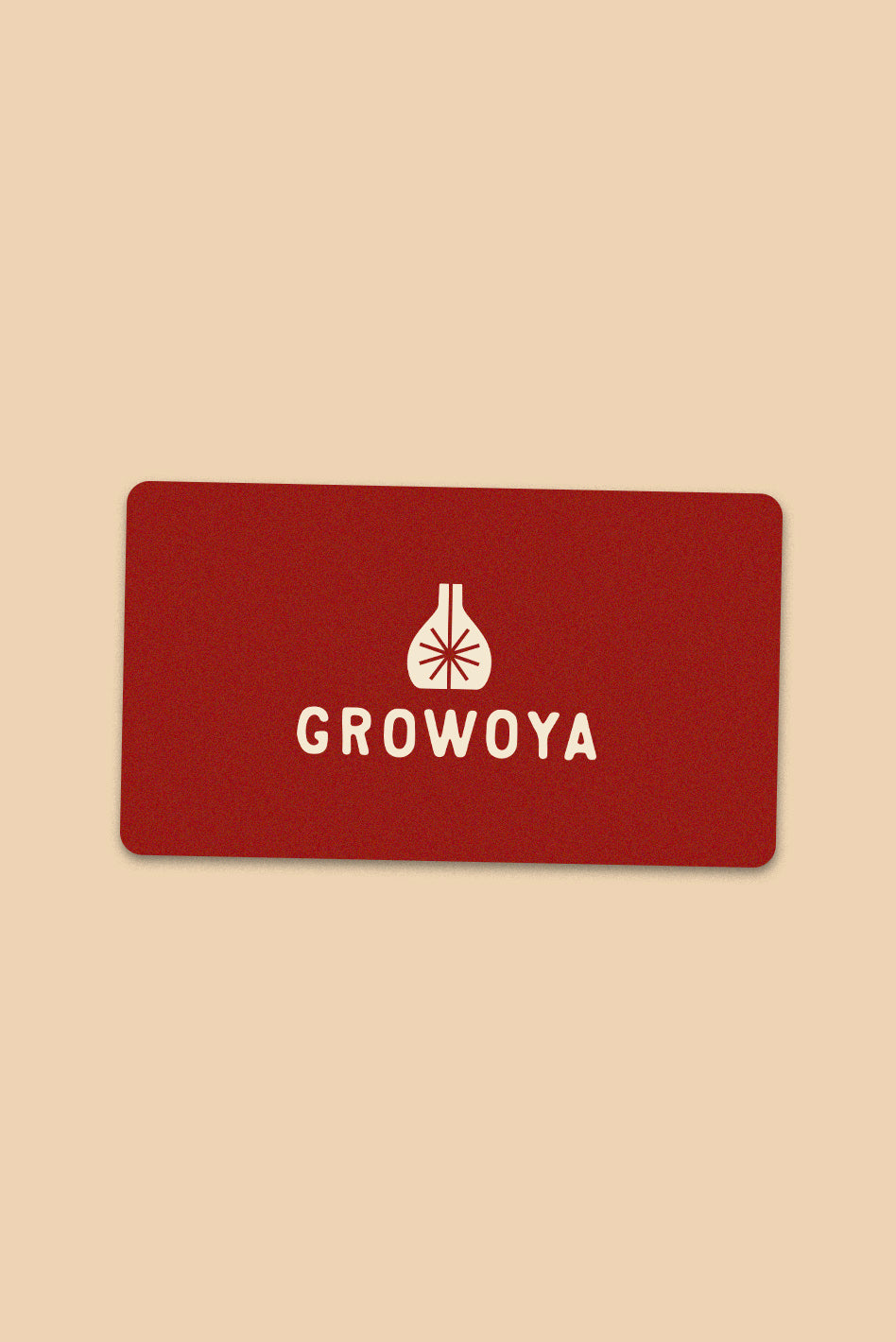Every drop counts. It's a mantra echoed every year on March 22nd, as the world observes World Water Day. It's a day dedicated to raising awareness about the importance of water conservation and ensuring access to clean, safe water for all. Water is not just a basic necessity; it's the lifeblood of our planet, sustaining ecosystems, agriculture, industries, and human life itself.
In a world facing increasing droughts and dwindling water sources, the call for responsible water usage has never been more urgent. David Bainbridge, a renowned sustainability leader, emphasizes the pressing need for efficient water management, particularly in agriculture. "Farmers and gardeners urgently need to produce more with less water," he states, highlighting the critical role of water in food production.
So, how can we, as individuals, contribute to water conservation efforts? Here are five practical ways to conserve water in our gardens, each simple yet impactful:
Oyas/Ollas: An ancient method with modern relevance, our Oya (Olla) is a unique and porous clay vessel. When buried in the soil, it provides localized plant irrigation. By delivering water directly to the roots, they minimize surface evaporation and runoff, saving up to 70% compared to conventional sprinkler systems.

Mulch: A gardener's best friend, mulch not only suppresses weeds and regulates soil temperature but also helps retain moisture in the soil. Whether it's straw, wood chips, or compost, mulching can reduce water usage by up to 50%, making it a cost-effective and eco-friendly choice.
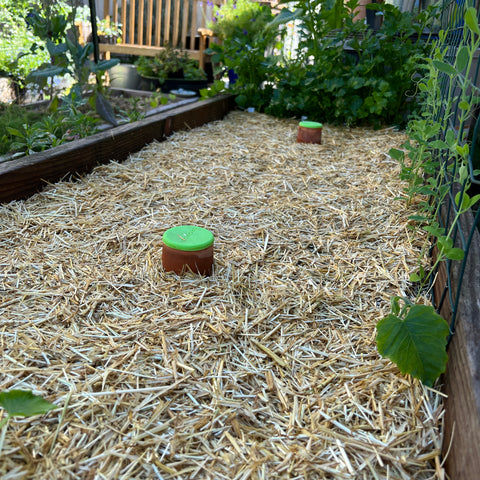
Watering Schedule: Timing is everything when it comes to watering. By watering early in the morning, you can minimize water loss to evaporation and ensure maximum hydration for your plants. A simple adjustment in your watering routine can go a long way in conserving water and promoting healthier growth.
Rethinking Lawns: The manicured lawn, once a symbol of suburban perfection, is now under scrutiny for its water and chemical dependency. Consider allowing your lawn to grow naturally or replace it with water-efficient alternatives like native plants or raised beds. Not only will you save water, but you'll also create habitat for pollinators and wildlife.

Rain Barrels and Catchment Systems: Instead of letting rainwater go to waste, why not capture and store it for later use? Rain barrels and home water catchment systems offer a simple yet effective way to harness nature's bounty, reducing reliance on municipal water supplies and lowering your water bills.
